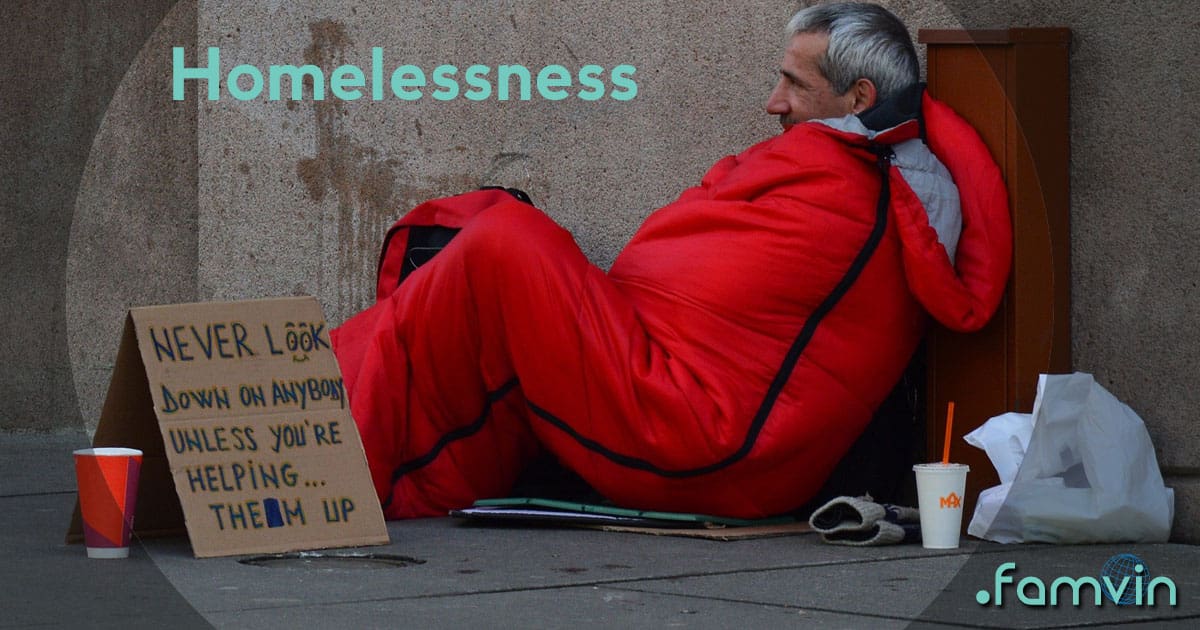Medical People – Serving In Encampments and On the Street
One question leads to another!
Last week I reflected on what is involved in choosing to go to a shelter in this time of Pandemic. Since then I found myself asking, not whether I would go to shelter, but what would happen if I got sick on the street or in an encampment. It could be COVID 19 or any other medical emergency that the chronically homeless are subject to – diabetes, cardiac issues, etc. not to mention mental health issues.
Vincentian perspectives
Frederick Ozanam was challenged by an atheist’s question “What has your church done for the poor who are suffering?” It woke him up and he famously asked a Daughter of Charity, now Blessed, Rosalie Rendu how to respond. He took her advice and said to his companions “Let us go to the poor.”
It has been said that the measure of a society is reflected in its treatment of its most vulnerable members. The same maxim applies to health care systems where health care workers are ethically bound to promote health and alleviate suffering for all people – including the poor and powerless.
What about medical care for people living on the street or encampments.
A question for today. Is anyone going to the homeless where they live? What medical attention afar we paying to those in encampments or sleeping in alleys? Talk about an unmet need!
I went looking to find out. Here is what I found. There is a movement loosely called Street Medicine that goes to people where they live. They visit people where they live– in alleyways, under bridges, or within urban encampments– a necessary strategy to facilitate trust-building with this socially marginalized and highly vulnerable population. To some degree, this movement is embodied in the Street Medicine Institute.
The Street Medicine Institute
- “Our stance related to taking care directly to the unsheltered individual reflects SMI’s fundamental belief that living on the street is not an acceptable reason to be excluded from health care.”
- “Street Medicine is not adequate primary care by itself, but is best viewed as a form of intermediate “home care”. In every encounter, an effort should be made to identify and refer patients to a comprehensive, longitudinal primary care relationship if none already exists or if the Street Medicine providers themselves lack capacity to fulfill that role.”
- “Whenever possible, communication and collaboration with other members of a patient’s health care team are priorities. Some Street Medicine providers are fortunate to practice under the umbrella of a regional Health Care for the Homeless Program, which may enhance primary care access and coordination.”
How they save taxpayer money.
They are people motivated by the awareness that Street people in the United States die on average nearly three decades earlier than their housed peers, most commonly due to preventable and treatable chronic medical conditions.
Meanwhile, their health care utilization costs are more than five times the national average, primarily as a result of over reliance on the emergency room for routine medical care and increased hospitalization rates for illnesses presenting in advanced stages.
I may not have training or the courage to go to the poor where they are. But I can pray and support those who do go to the poor where they live.







0 Comments